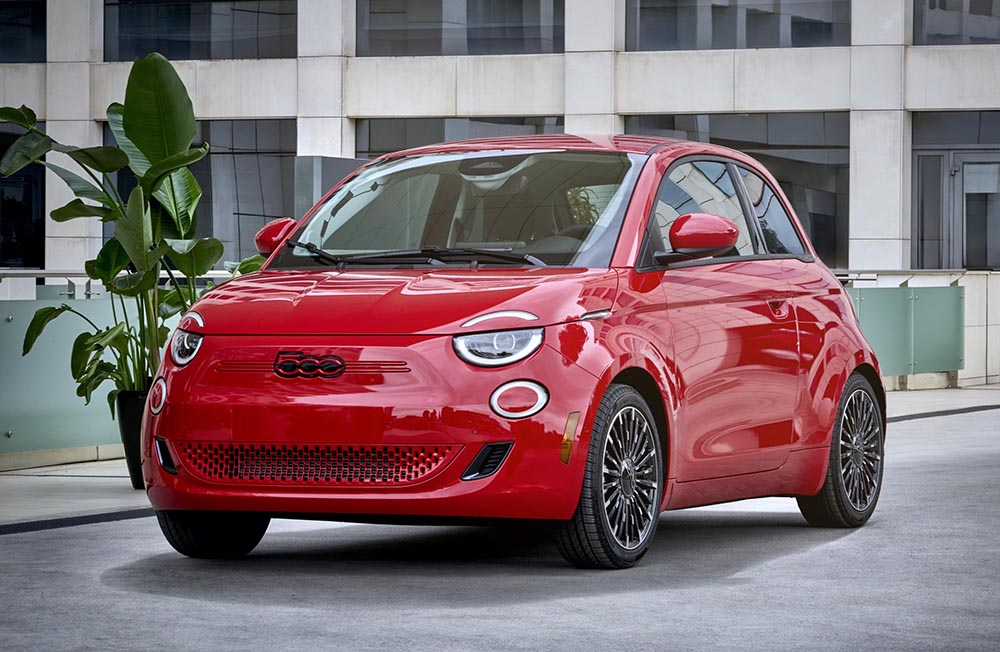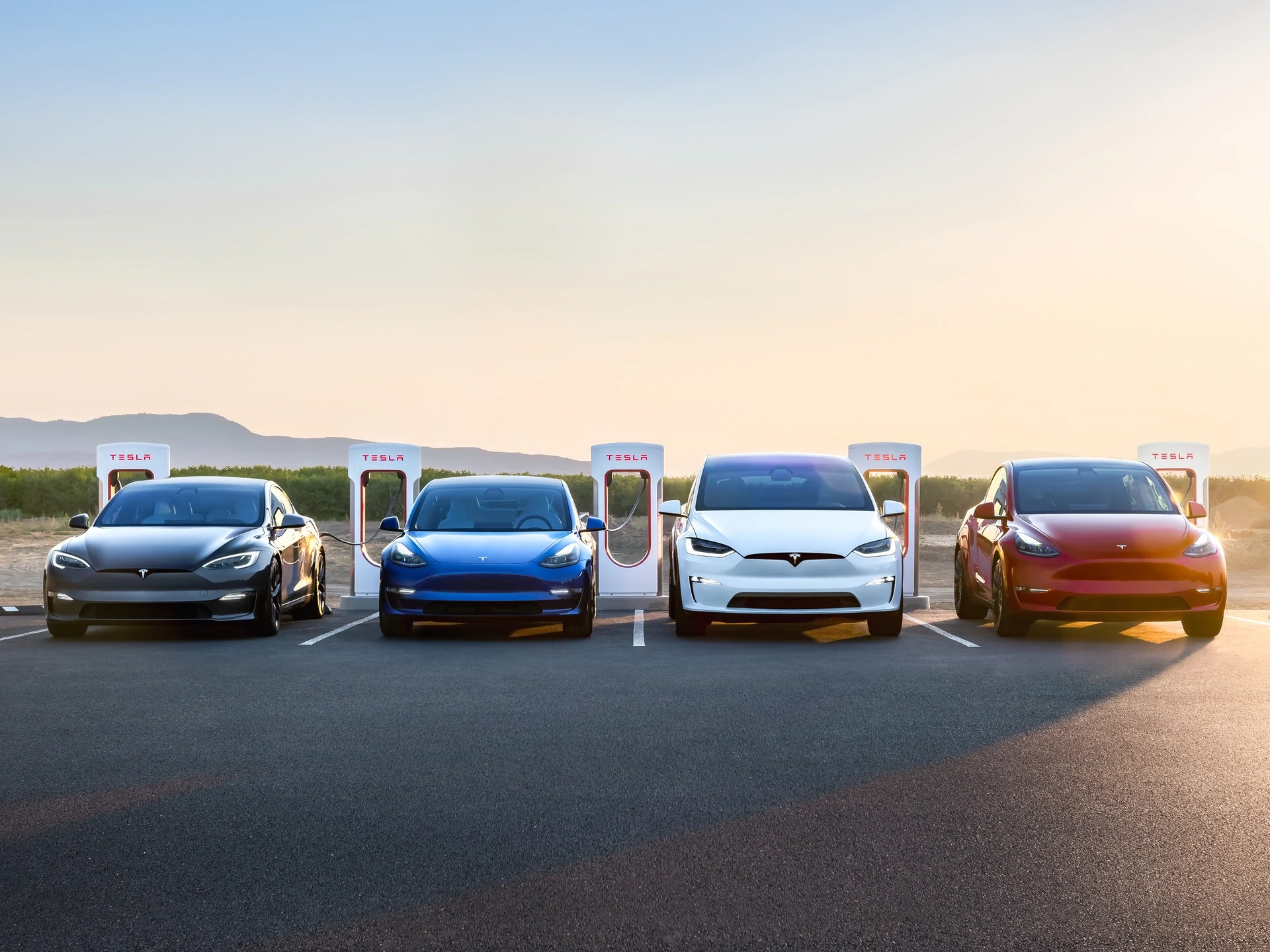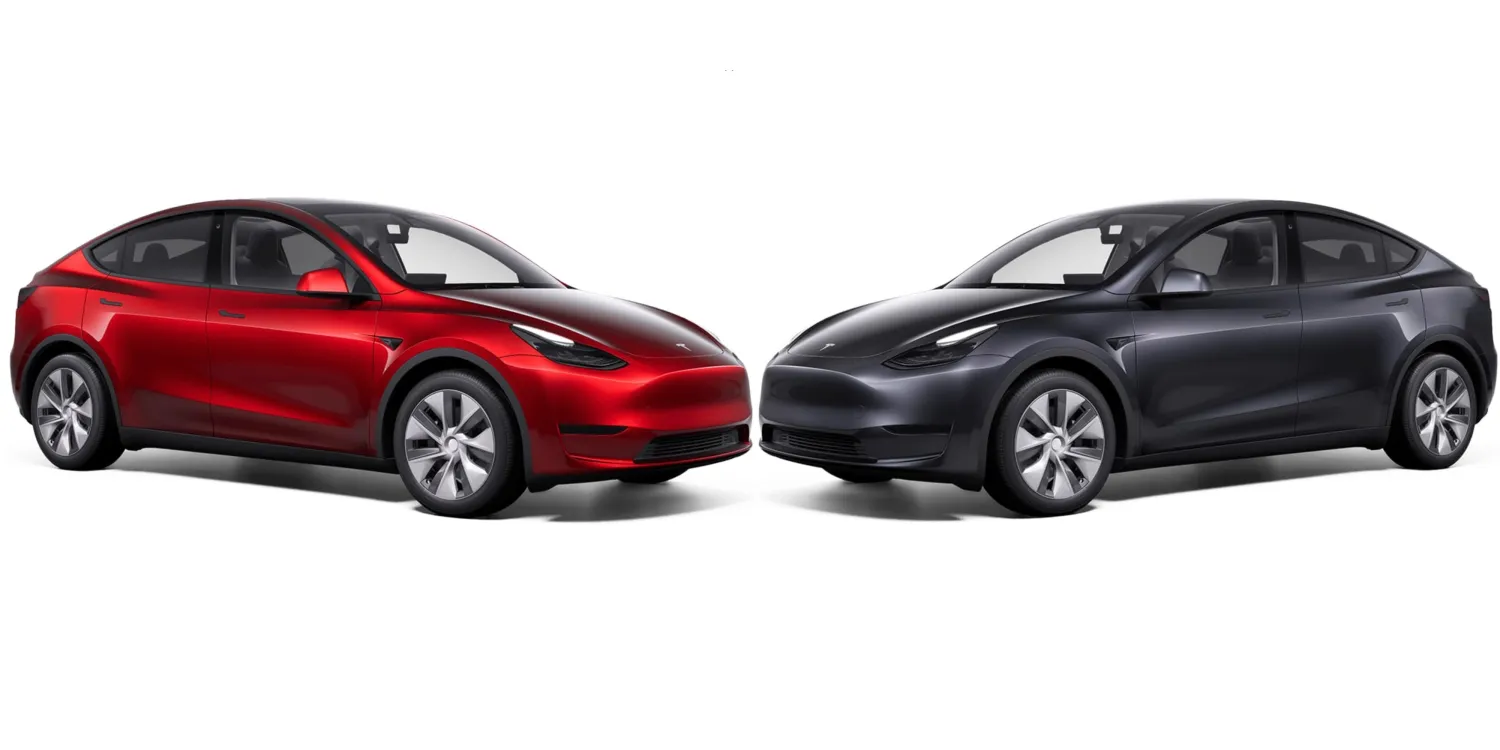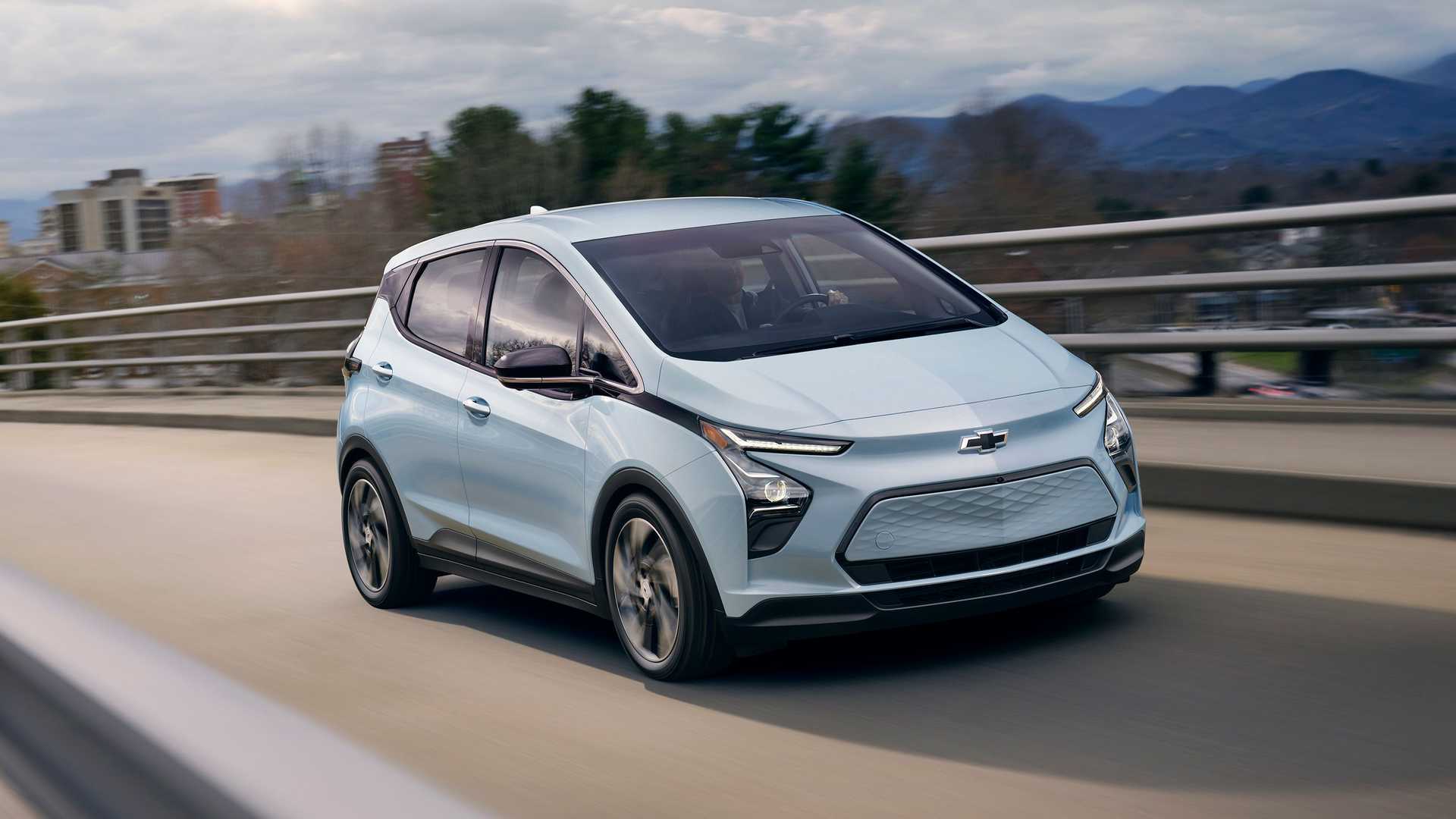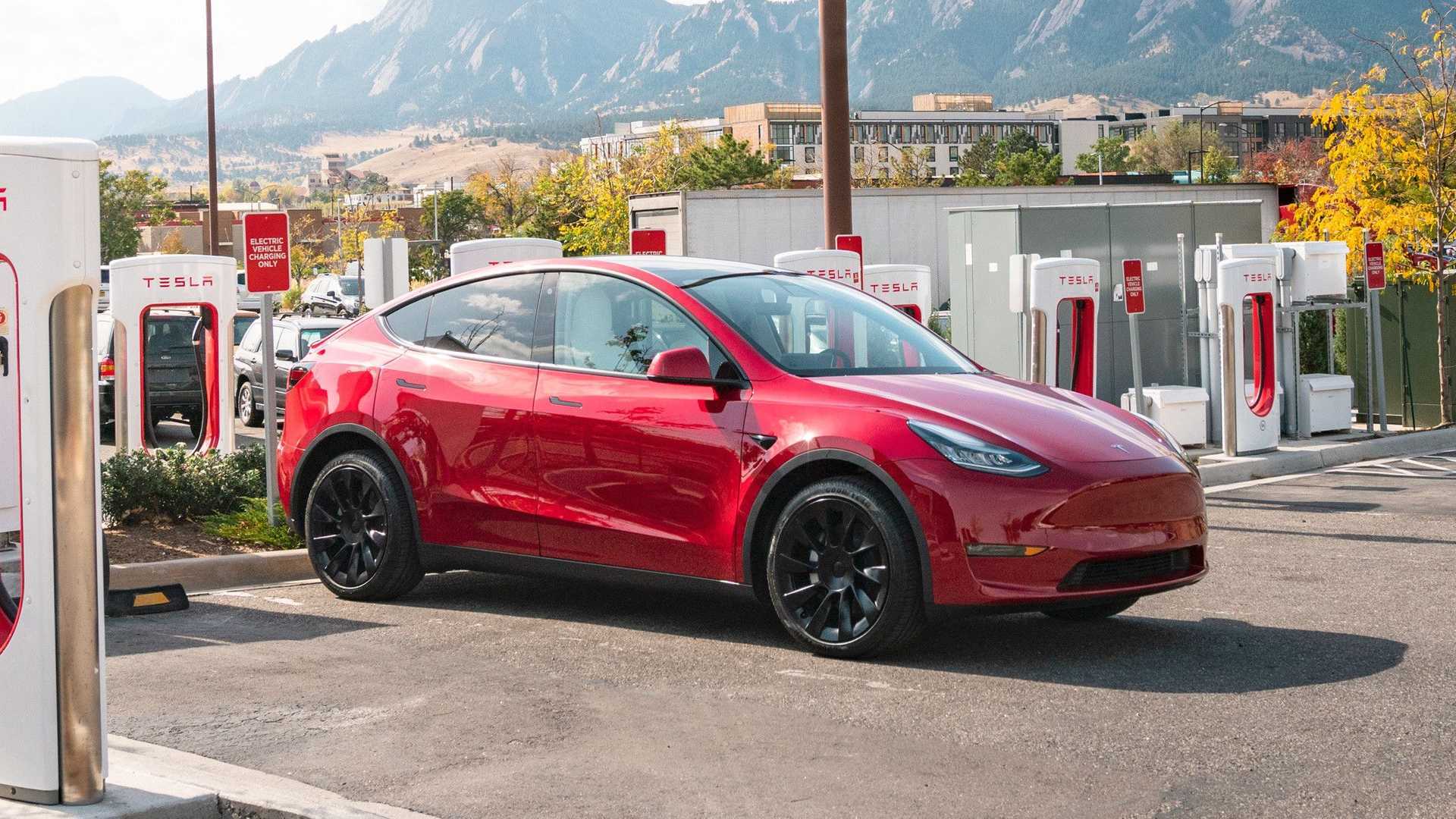Italian government is considering a substantial investment of 930 million euros in a scrappage scheme, designed to encourage the adoption of electric vehicles (EVs) by offering financial aid to participants. According to a report from Bloomberg, the proposed plan is primarily focused on supporting low-income families owning Euro 2 model vehicles.
Those with an annual income below 30,000 euros could potentially receive up to 13,750 euros upon trading in their outdated diesel or petrol cars for electric alternatives. Notably, the eligibility criteria include a requirement that the vehicle must be at least 20 years old.
See also: Italy Explores Auto Incentive Scheme to Address Chinese EV Price Advantage
The overarching objective of this initiative is to modernize Italy’s vehicle fleet, which currently boasts one of the oldest in Europe, with an estimated 11 million EURO 3 cars or lower-grade vehicles, as per a government document obtained by the news agency.
Additionally, Italy lags behind other major European economies in terms of its electric vehicle market share. The Ministry of Industry plans to present the comprehensive plan to representatives of the automotive industry on February 1.
This move follows Italy’s previous considerations for incentivizing electric mobility. In October 2023, reports suggested that Rome might model a subsidy scheme akin to the one implemented in France on January 1, 2024. The French initiative introduced a points system based on various environmental criteria, extending beyond the vehicle’s characteristics to include factors such as the materials’ origin and environmental impact, as well as the assembly plant’s environmental performance.
See also: Stellantis Inaugurates €40 Million Battery Technology Center in Turin, Italy
Moreover, in early 2022, the Italian government had announced a commitment of 650 million euros per year for 2022, 2023, and 2024 to provide incentives promoting the adoption of electric and low-emission vehicles.
However, it’s worth noting that Italy’s automotive industry has expressed reservations about certain proposals, such as a potential ban on internal combustion engine vehicles in Europe by 2035. The industry was also a prominent advocate for the EU’s adjustment of proposed rules regarding the new Euro 7 emissions standards. The latest plan to incentivize EV adoption is set to be presented to industry representatives for further consideration.

